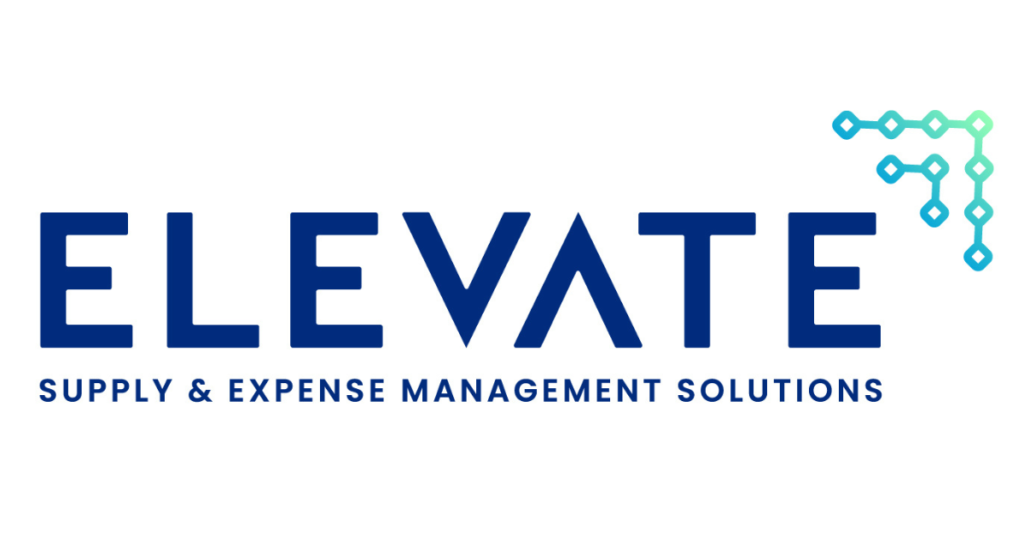In the pressing mission for global sustainability, healthcare facilities have a profound responsibility for reducing their carbon footprint to protect public health. The hospital supply chain presents an opportunity for hospitals and health systems to embrace eco-conscious practices with the added bonus of reducing costs. Recognizing the urgency of the matter, Elevate Supply and Expense Management Solutions is here to help healthcare facilities minimize their environmental impact while maximizing operational efficiency. Let’s explore strategies that supply chain leaders can adopt to contribute to a more sustainable future for healthcare.
Vendor Selection
One crucial aspect of reducing carbon footprint lies in the selection of vendors who prioritize sustainability. By partnering with vendors who are committed to eco-friendly practices, healthcare facilities can align their supply chain with their sustainability goals. Elevate assists facilities in identifying and collaborating with such vendors, ensuring that every procurement decision contributes to environmental sustainability.
Reprocessing and Repurposing
A significant contributor to carbon footprint in healthcare is the disposal of single-use items. This can be combated by reprocessing, where these items are sterilized and repackaged, extending their lifecycle and significantly reducing waste. Elevate helps healthcare facilities identify strategic partners that prioritize reprocessing. By implementing these sustainable practices, facilities not only reduce their carbon footprint but also realize cost savings.
Tracking Sustainability KPIs
As part of Elevate’s supply chain solutions, we help identify vendors that provide metrics like monthly savings analysis, showcasing cost savings and carbon footprint reductions. In tracking sustainability key performance indicators (KPIs), facilities gain insights into their supply chain operations and determine areas for improvement.
To gauge progress toward sustainability goals, healthcare facilities can also track KPIs in their supply chain operations. These include:
- Supply Expense to Net Patient Revenue Ratio: Measures the ratio of supply expenses to net patient revenue, providing insight into the efficiency of supply chain management relative to revenue generation.
- Contract Compliance: Evaluates adherence to contractual agreements with suppliers. By monitoring compliance levels, facilities can ensure optimal utilization of contracted pricing and terms.
- Inventory Turnover: Reflects the rate of inventory replenishment and utilization, indicating the level of resource management and reduced waste.
- Supply Expense per Case Mix: Measures supply expenses per patient encounter, guiding cost-effective resource allocation.
- Supply Accounts Payable: Tracks the average payment period for supply purchases to optimize cash flow and vendor relationships.
These KPIs offer actionable insights for facilities to enhance sustainability, streamline operations, and achieve cost efficiencies.
How Elevate Drives Sustainability

Our supply chain solutions offer comprehensive strategies to optimize healthcare supply chains, reducing waste and energy consumption. We conduct detailed assessments of sustainability issues and successes, providing monthly reports on contract compliance and supply spend. Our guidance also extends to vendor consolidation for competing physician preference items that results in maximum efficiency and cost savings.

Collaborating with partners like HealthTrust, we negotiate tailored energy programs for our partner hospitals to best suit their needs, reducing consumption and costs. Additionally, we initiate freight management to minimize transportation emissions, contributing to overall sustainability efforts.

Because some physician preference items are not covered under a Group Purchasing Organization (GPO), we incorporate our partner hospitals into a private GPO network, providing access to reduced pricing for essential items. By centralizing procurement processes and leveraging collective purchasing power, Elevate’s exclusive GPO minimizes resource consumption and waste associated with sourcing individual items independently.
Final Thoughts
Reducing the carbon footprint in hospital supply chains is a multifaceted approach that requires strategic partnerships, innovative solutions, and a commitment to sustainability. By implementing sustainable practices across the supply chain, facilities can reduce their environmental impact, improve operational efficiency, and reduce costs. Elevate Supply and Expense Management Solutions offers healthcare facilities the tools and expertise they need to embark on the journey towards a greener future.





